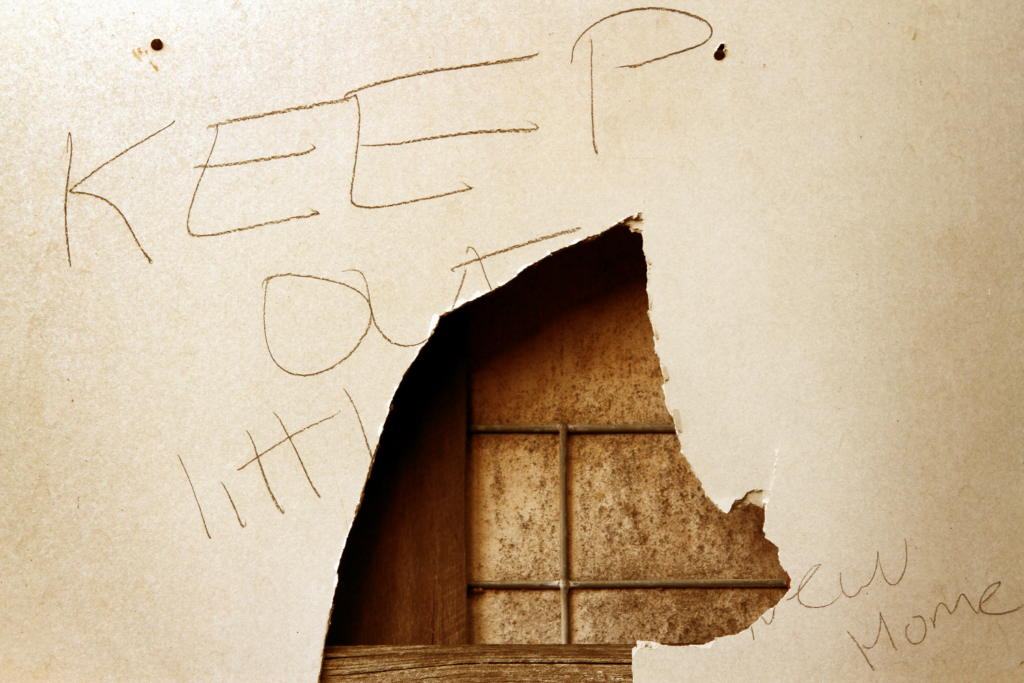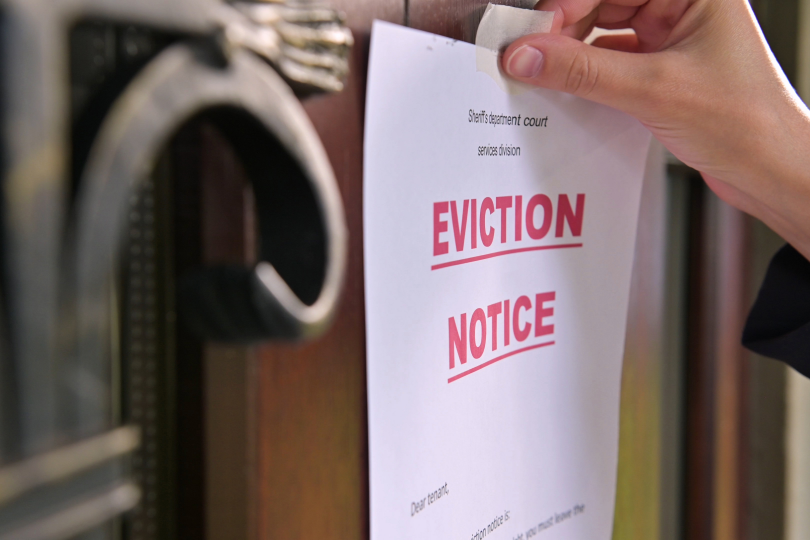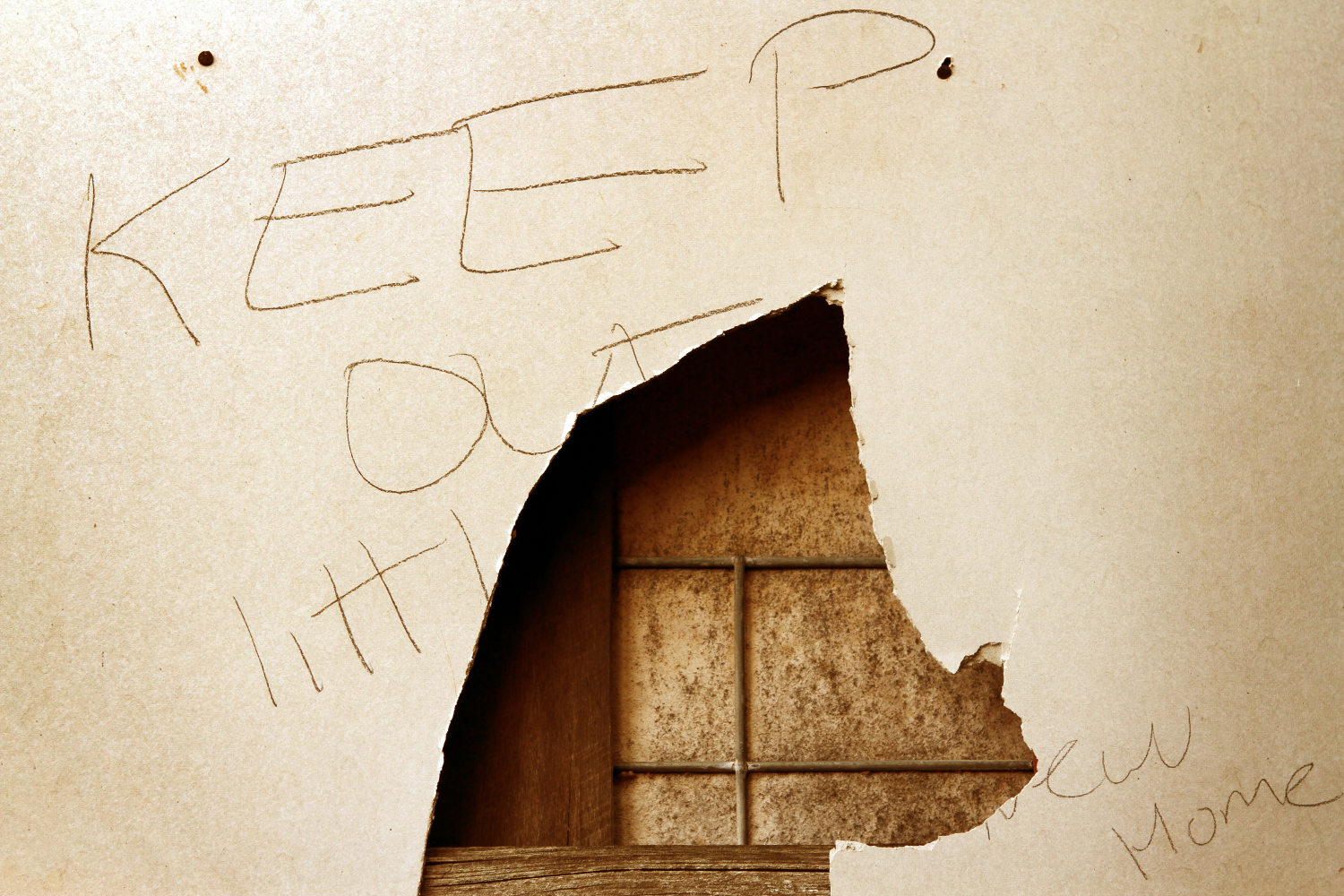As an experienced real estate investor in Ohio, I’ve faced the daunting challenge of dealing with squatters occupying properties without permission. Understanding Ohio’s squatter laws and navigating the legal process for removing these unauthorized occupants is crucial for property owners. This guide draws on my firsthand experiences, offering essential insights into effectively handling squatter situations in Ohio.

Understanding Squatter Rights in Ohio
Navigating squatter rights or as legally known, adverse possession laws, can be complex. Under the Ohio Revised Code Section 2305.04, squatters can claim rights to a property if they’ve maintained “open, notorious, and exclusive possession” for a continuous period of 21 years. This statute highlights the importance of prompt action by property owners to prevent any unauthorized claims. My journey has taught me the critical role of vigilant property management in mitigating these issues.
The Legal Process for Removing Squatters
Identifying Squatters vs. Trespassers
The initial step involves distinguishing between squatters and trespassers. Squatters occupy without permission but openly, with an assertion of ownership, whereas trespassers enter without plans to stay. Understanding this difference is vital as it dictates the approach for eviction.
Serving an Eviction Notice
Though Ohio law does not mandate a notice before initiating an eviction lawsuit, my experience suggests that serving an eviction notice can expedite the squatter’s voluntary departure, potentially avoiding lengthy legal proceedings.
Filing an Eviction Lawsuit
If squatters remain on the property post-notice, it’s necessary to file an eviction lawsuit, known as a forcible entry and detainer action, in the local municipal or county court. This step legally asserts the property owner’s intention to reclaim their property.
Court Hearing and Judgment
A court hearing allows both parties to present their cases. Success in court results in a judgment for eviction, favoring the property owner.
Enforcement of Eviction
With a judgment in hand, property owners can request law enforcement to remove the squatters, officially reclaiming their property.

Preventing Squatting in Ohio
Proactive measures are your best defense against squatting:
- Regular Property Inspections: Frequent checks can detect unauthorized occupants early.
- Secure the Property: Ensuring all entry points are locked and installing security measures like cameras can deter squatters.
- Post No Trespassing Signs: These signs can both deter squatters and support legal actions if needed.
- Immediate Action: Swift response to squatters is key to preventing adverse possession claims.
Legal Advice for Ohio Landlords
Through my squatter challenges, seeking advice from attorneys specializing in Ohio property law has been invaluable. Their expertise, based on the Ohio Revised Code and extensive experience, guides landlords through eviction processes, ensuring compliance with state laws. Engaging a legal expert is crucial in navigating these complex situations effectively.
Considering a Cash Offer from an Investor
In some cases, the best solution to a squatter situation might be selling the property “as is” to a cash investor. This option can be especially appealing for property owners looking to avoid the legal hassles and expenses of eviction processes. Cash investors typically handle the eviction post-purchase, offering a quick and hassle-free sale for beleaguered property owners. As a real estate investor myself, I’ve seen how this solution can provide a win-win outcome for both parties, freeing the owner from the burden of squatters and offering investors an opportunity to rehabilitate the property.
Conclusion
Dealing with squatters in Ohio requires a strategic and informed approach. By understanding your rights, employing preventative measures, and considering all available options, including selling to a cash investor, you can navigate these challenges with confidence. My experiences underscore the importance of prompt legal action and the potential benefits of professional legal counsel in protecting your property rights.
This guide aims to arm Ohio property owners with the knowledge and strategies needed to address squatter issues effectively. Leveraging legal avenues and considering alternative solutions like cash sales can ensure your property remains a valuable asset, free from unauthorized occupation.
If you’re interested in a FREE no-obligation offer for your house, EZ Sell Homebuyers, is Google’s Top ranking Home Cash Buying team in Ohio with the highest number of Google reviews. We buy houses in all Ohio cities (Dayton, Columbus, Cincinnati, Cleveland, Toledo, and Akron). Whether you are trying to avoid foreclosure, inherited a property you do not want, dealing with a divorce, or are fed up being a landlord dealing with tenants, we can help. If you need to sell your house in Ohio fast, we offer cash for homes in Ohio!
FAQ for “How to Get Rid of Squatters in Ohio: Insights from a Seasoned Real Estate Investor”
1. What is adverse possession in Ohio?
Adverse possession in Ohio allows squatters to claim legal ownership of a property if they have occupied it “openly, notoriously, and exclusively” for a continuous period of 21 years, as stipulated by the Ohio Revised Code Section 2305.04.
2. How can I distinguish between a squatter and a trespasser?
A squatter occupies a property without permission but does so openly, with an assertion of ownership. A trespasser enters a property without permission and without the intent to stay. This distinction is crucial for determining the legal approach for eviction.
3. Do I need to serve an eviction notice to squatters in Ohio?
While Ohio law does not mandate serving a notice before initiating an eviction lawsuit, doing so can sometimes encourage squatters to leave voluntarily, potentially avoiding a legal battle.
4. What legal action should I take to remove squatters from my property?
You should file an eviction lawsuit, known as a forcible entry and detainer action, in the local municipal or county court. This action legally asserts your intention to reclaim your property.
5. What happens after I obtain a judgment for eviction?
Once you have a judgment for eviction, you can request the sheriff’s department to enforce the eviction and physically remove the squatters from your property.
6. How can I prevent squatters from occupying my property?
Regular property inspections, securing all entry points, posting “No Trespassing” signs, and taking immediate action upon discovering squatters are effective preventative measures.
7. Should I consult a lawyer for squatter issues in Ohio?
Yes, consulting with an attorney who specializes in Ohio property law and landlord-tenant disputes is highly advisable. They can provide expert guidance through the legal process, ensuring compliance with Ohio laws.
8. Is selling the property to a cash investor a viable option for dealing with squatters?
Selling the property “as is” to a cash investor can be a practical solution for property owners looking to avoid the complexities and costs of evicting squatters. Cash investors typically handle the eviction process after purchase, offering a quick and hassle-free sale.
9. How quickly can a cash investor close on a property with squatter issues?
The closing time can vary, but cash investors often aim for quick transactions, potentially closing within a few weeks. This speed is part of the appeal for property owners seeking to resolve squatter issues promptly.
10. Can taking immediate action against squatters prevent adverse possession claims?
Yes, taking immediate action against squatters is crucial for preventing adverse possession claims. The longer squatters occupy a property, the more difficult it may become to evict them and the higher the risk of an adverse possession claim.

